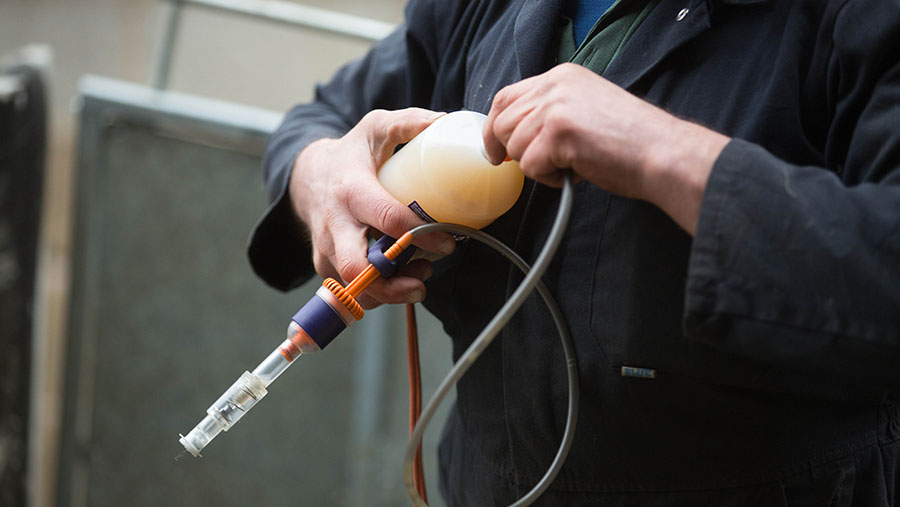Scottish farmworkers in line for 3% wage rise
 © Tim Scrivener
© Tim Scrivener Farmworker wages in Scotland are set to rise by 3% from April 2020, the Scottish Agricultural Wages Board has announced.
The rise reflects a move to a single minimum level of pay for agricultural workers, to bring Scottish workers in line with the UK government’s national living wage.
The proposed wage rates in Scotland from 1 April 2020 are:
- A single minimum hourly rate for all agricultural workers, irrespective of age and duties, that is equal to the UK government’s national living wage
- An hourly rate of £5.46 for apprentices who undertake an SCQF Level 4 or 5 Modern Apprenticeship in Agriculture or equivalent qualification
- Plus £1.29/hour for workers who have an appropriate qualification
- An additional allowance of £6.43 per working dog up to a maximum of four dogs
- An increase in the daily rate of the accommodation off-set for accommodation other than a house that is equal to the rate detailed under the UK government’s national living wage
A spokesman for the wages board called for any representations on the scheduled rates to be sent by post or email before 11 January 2020.
Contact the Scottish Agricultural Wages Board
E-mail: sawb@gov.scot
Phone: 0131 244 9749
Post: SAWB, D Spur, Saughton House, Broomhouse Drive, Edinburgh, EH11 3XD.
The board will meet on 14 January to consider any responses received to the proposed increases.
Following discussion on these representations, members will agree a wages order that will come into effect from 1 April 2020, the spokesman said.
Increased business costs
Meanwhile NFU Scotland has urged the food supply chain to take note of the rising wages and factor in the increased costs to farm businesses when setting prices for produce.
Chief executive Scott Walker said the agricultural minimum rate of pay had risen significantly in recent years.
“This trend shows no sign of slowing, with all political parties indicating that they see the minimum rate of pay continuing to rise significantly.
“Over the past 20 years, the UK’s minimum wage has grown faster than those in all comparable OECD countries, apart from New Zealand,” Mr Walker said.
“The food supply chain must recognise that wage rates have increased significantly and will continue to do so. The prices paid for produce must reflect the increase in the cost of production,” he said.
